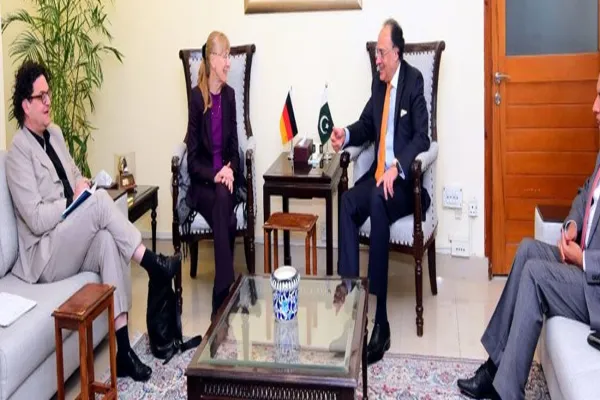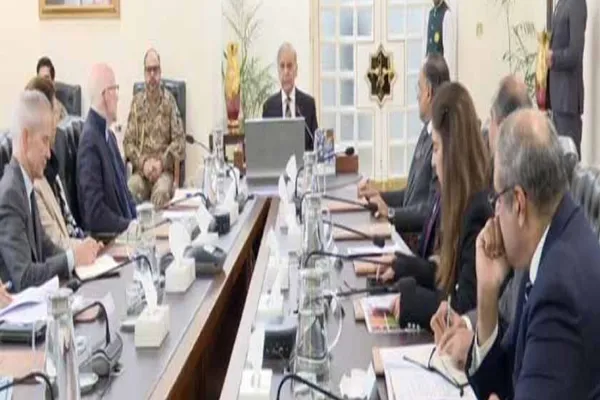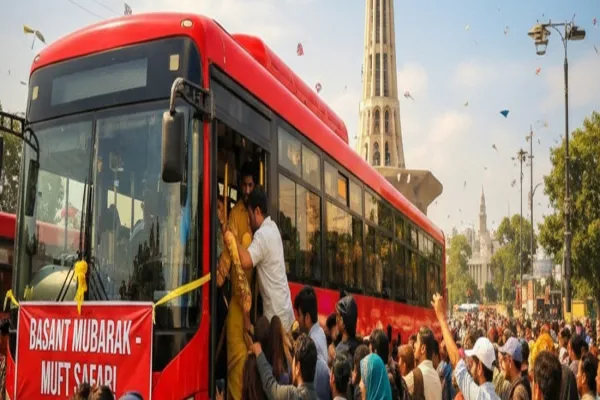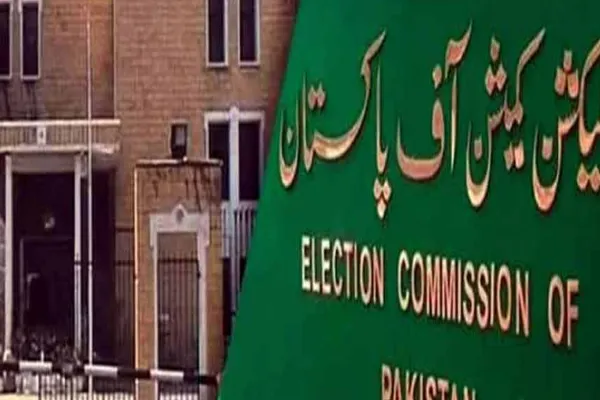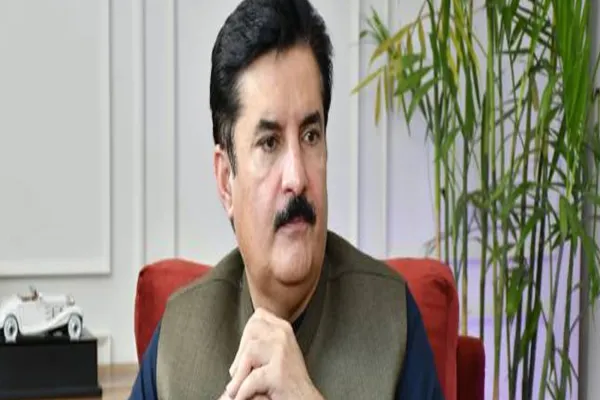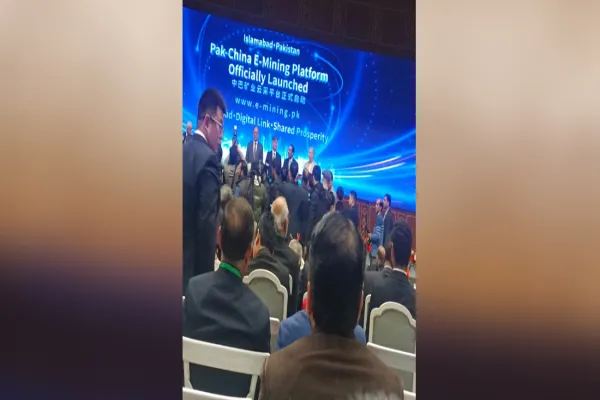i NEWS PAKISTAN
Chairman of Fair Trade in Tobacco (FTT), Ameen Virk, has hailed the government’s ongoing campaign against the illegal cigarette trade, warning, however, against “externally driven” tax policy pressures that emerge only during budget season. Speaking to journalists in Islamabad on Monday, Virk commended the Federal Board of Revenue (FBR) and federal authorities for their sustained enforcement against tax evasion and illegal tobacco sales.
He called the campaign "essential and long overdue," urging the government to continue these efforts without compromise. “Pakistan loses nearly Rs. 400 billion annually due to illegal cigarette manufacturing and widespread tax evasion,” Virk stated. “In a country already under severe fiscal pressure, such a loss is simply unsustainable.” While applauding enforcement across the tobacco supply chain to protect legitimate businesses, Virk voiced concern over what he described as the “seasonal reappearance” of health advocacy groups.
According to him, these organizations surface each year ahead of the federal budget, lobbying for tax hikes on legal tobacco products while remaining silent on the thriving illegal market throughout the rest of the year. “These so-called public health champions, often funded by foreign donors, become vocal just weeks before the budget,” he said. “Their timing raises serious questions about their neutrality and whether their agenda aligns with Pakistan’s broader economic interests.”
Virk emphasized that tax policymaking is a sovereign responsibility and must be steered by economic experts and state institutions like the FBR—not NGOs or international advocacy groups. “Public health is important,” he acknowledged, “but it should not be misused to justify policies that ultimately strengthen smuggling networks and erode government revenue.” Citing international precedents from Australia, the UK, and the US, he warned that overly aggressive taxation on legal tobacco products has fueled multi-billion-dollar black markets.
“The global evidence is clear: excessive taxation decreases compliance and fuels illicit trade. Pakistan cannot afford to repeat that mistake.” Virk reaffirmed FTT’s support for formalizing the economy and eradicating unlawful trade practices. “Law-abiding farmers, manufacturers, and retailers are fully committed to cooperating with enforcement and regulatory bodies,” he said. “The way forward is to strengthen Pakistan’s legal economy—not punish those already bearing the tax burden.
Credit: Independent News Pakistan (INP)




